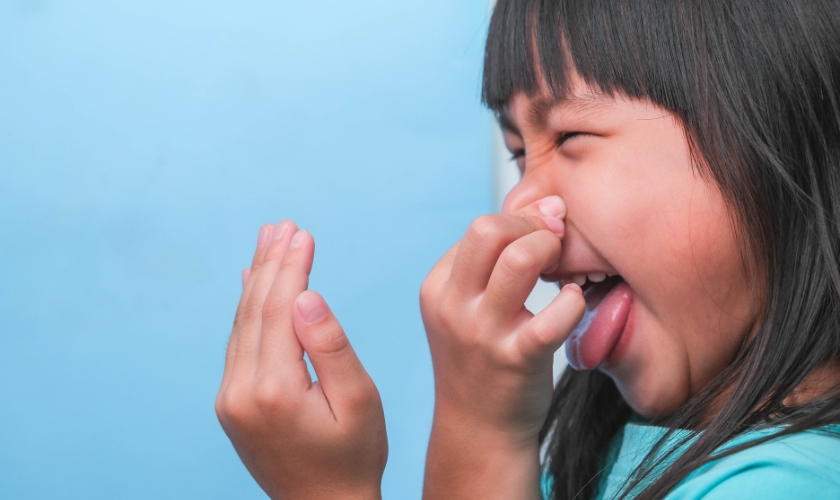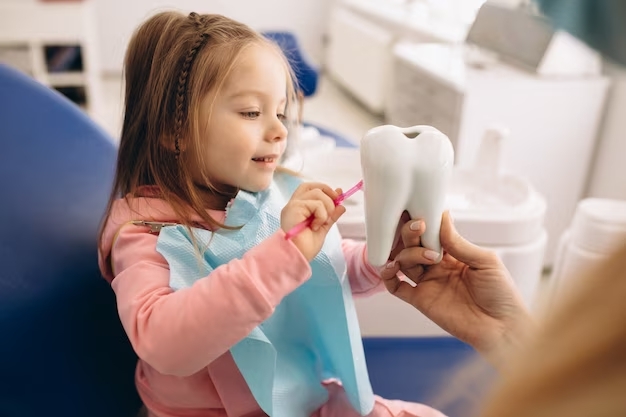

Is Bubble Gum Good Or Bad For Children’s Teeth?
Chewing bubble gum has been a popular pastime amongst children and adults alike. It’s not hard to see why—bubble-blowing can be fun, but is it really good for oral health in the long run? In this article, we take a look at what happens to teeth when people chew bubble gum—is it actually beneficial, or should parents keep their kids away from it altogether?
Benefits of Bubble Gum for Dental Hygiene
Bubble gum does have some oral health benefits. It helps to reduce the amount of plaque that builds up on teeth, as chewing increases saliva production. Saliva contains enzymes and minerals which help break down bacteria that produce acid and causes cavities. Chewing also serves as a way to exercise jaw muscles and release tension in the face, which can prevent TMJ (temporomandibular joint) pain and other oral issues.
Drawbacks of Bubble Gum for Oral Health
However, there are risks associated with bubble gum. If children make a habit of constantly chewing, they may suffer from jaw fatigue due to excessive use of their muscles. Some varieties of bubble gum contain sugar, which can lead to tooth decay if eaten in large amounts. Even sugar-free gums contain artificial sweeteners that may cause oral health problems.
Effects on Teeth
Many people assume that bubble gum is bad for teeth due to its sweetness, but this isn’t necessarily true. Chewing a small amount of gum won’t necessarily increase the risk of cavities as long as it doesn’t contain any added sugar or other potentially harmful ingredients. In fact, some kinds of chewing gum are even beneficial for oral health—for example, those that contain xylitol can help reduce plaque buildup and prevent tooth decay.
1: Sugar Content
Bubble gum that contains sugar can be damaging to teeth. Since it takes a while for saliva to break down the sugar, it has time to cause oral health problems. If children are allowed to chew sugary gums regularly, they may suffer from cavities and other oral issues in the long run.
2: Artificial Sweeteners
Sugar-free bubble gums usually contain artificial sweeteners such as sorbitol or aspartame, which can also have negative effects on oral health. These substances can create an acidic environment in the mouth, making it easier for bacteria to thrive and causing cavities and tooth decay. Additionally, they may interfere with the body’s ability to absorb calcium, which can lead to weaker teeth.
3: Chewing Habits
Excessive chewing of bubble gum can cause jaw fatigue and other oral issues due to the overuse of muscles in the face. Constant chewing may also be a sign of stress or an oral health disorder, so it’s important for parents to monitor their children’s habits and consult with a dentist if necessary.
Tips for Healthy Chewing Habits
Although there are risks associated with bubble gum, these can be minimized by following some simple tips. Here are some recommendations for how to ensure that your child has healthy oral hygiene while enjoying the occasional piece of bubble gum.
1: Avoid Sugary Gums
To limit the risk of cavities and other oral issues, it’s important to stick to sugar-free gums whenever possible. Some brands are even formulated with beneficial ingredients such as xylitol which can help reduce plaque buildup and improve oral health in the long run.
2: Chew Moderately
When children chew bubble gum, they should make sure not to overdo it. Excessive chewing can cause jaw fatigue and other oral problems, so it’s best to keep sessions short (10 minutes or less) and only do it once or twice a day at most.
3: Monitor Consumption
It’s also important to keep an eye on the amount of gum your child is consuming. Even sugar-free varieties can cause oral health problems if eaten in large amounts, so it’s best to limit consumption and stick to healthy oral hygiene habits such as brushing twice a day.
Conclusion
Overall, bubble gum can be beneficial for oral health in moderation. To ensure that your children are getting the most out of their chewing experience, it’s important to monitor their habits and make sure they are sticking to sugar-free gums whenever possible. With these tips in mind, your little ones can enjoy a piece of bubble gum without worrying about negative effects on oral health.
It depends on the type of gum and how often it is consumed. Sugary gums can increase the risk of cavities and oral issues, whereas sugar-free varieties with beneficial ingredients such as xylitol can be helpful in preventing tooth decay.
It’s best to limit chewing sessions to no longer than 10 minutes at a time and only do it once or twice a day at most.
Yes, it’s important to keep an eye on the amount of gum your child is consuming. Even sugar-free varieties can cause oral health problems if eaten in large amounts, so it’s best to limit consumption and stick to healthy oral hygiene habits such as brushing twice a day.







